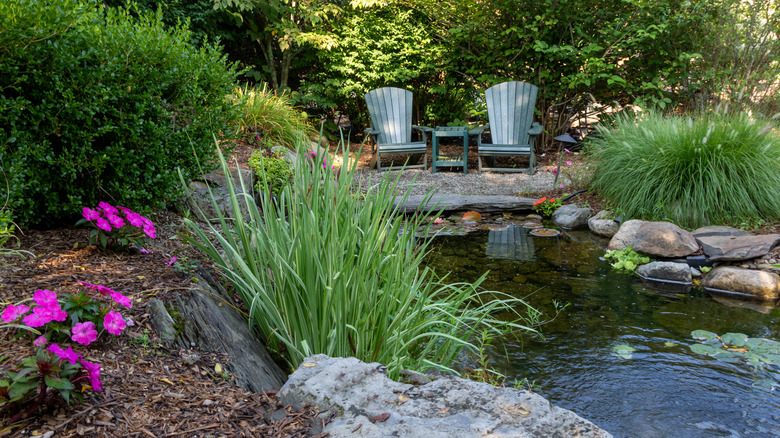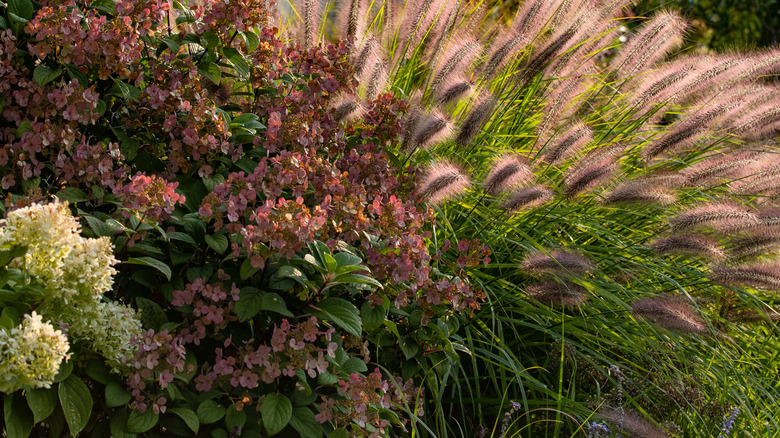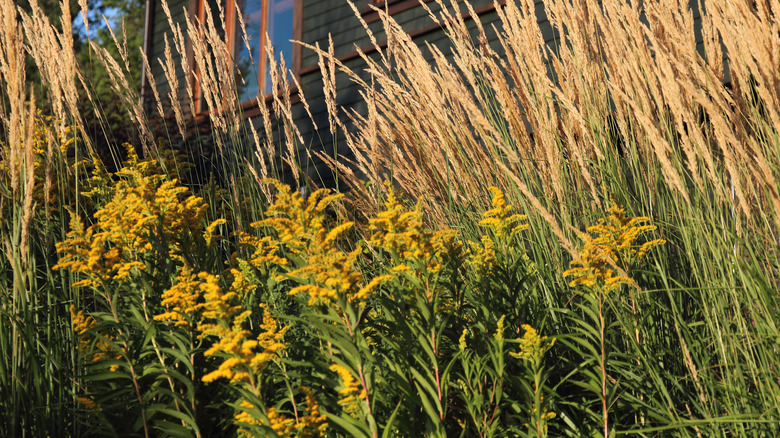What Advantage Does An Ornamental Grass Have In Your Landscaping?
If you're struggling to create the ideal outdoor space, adding ornamental grass to your landscape may be the solution you've been searching for. Depending on the type of grass you plant, you can benefit from lush, evergreen leaves all year long. For pops of color, consider red switchgrass and bask in vibrant shades of burgundy, red, yellow, and orange come fall. On the other hand, feather reed grass adds a lovely shade of green to any outdoor space, while blue fescue offers its lively namesake to your landscaping.
Besides the aesthetic allure of vivid colors and billowing leaves, ornamental grass adds instant texture and variety to any garden. When planted among flowering plants and trees, it helps you achieve a unique outdoor oasis that's beneficial to your yard and the environment. These plants are typically just as comfortable in a pot or garden bed as they are providing a privacy screen at the edge of your property.
Before you plant ornamental grass in your yard, however, it's important to understand several benefits in order to select the best variety. You'll also need to consider your climate, ensuring your choice thrives in its new environment. No matter what type of ornamental grass you choose, though, you'll enjoy gorgeous landscaping that's as advantageous to your garden as it is low-maintenance.
Most ornamental grass is drought-resistant
In general, many ornamental grasses are well-known for their ability to resist or tolerate drought, so long as it's not a severe drought. Cool-season ornamental grasses require some water, but if you use warm-season grasses in your landscaping, you'll find them better able to adapt to arid climates and minimal watering.
When selecting drought-resistant grass, avoid varieties that require moist soil to flourish, such as Virginia wild rye. These particular grasses are often native to areas with moist conditions. Instead, look for ornamental grasses that thrive with little water and prosper in arid climates. Some such grasses include big bluestem, blue oat grass, Elijah blue fescue, fountain grass, and zebra grass.
Although ornamental grass is mostly tolerant to droughts, it'll require initial watering until it's established in your landscaping. This means that you'll need to water it consistently for the first year at a rate of about one inch of water weekly (broken up into a couple of sessions). After this, your ornamental grass will have a strong root in your yard. Subsequent years will only require dedicated watering should you encounter a severe drought, meaning you can enjoy your textured landscaping without much hassle, often year-round.
Ornamental grass is environmentally friendly
Beyond Pesticides reports over 50 different pesticides that can contaminate groundwater and surface water. However, ornamental grasses, such as sedges, actually work to reduce pollutants in soil and groundwater, according to the Hoffman Nursery. Additionally, ornamental grass is generally pest- and disease-free, which means you won't need pesticides to help it flourish in your yard in the first place.
The strong root system your ornamental grass will have developed after the first year of watering is also excellent at holding soil in place, working to prevent erosion in your garden. You'll find that ornamental grass encourages habitat in your yard for pollinators and wildlife as well. Birds and butterflies are particularly fond of these plants; various bird species use them to create nests. Wildlife in general is typically familiar with native grasses, so plant several different types to see which visitors create a home in your yard.
Aside from environmental benefits, ornamental grass can also offer relief from mosquitoes. Lemongrass, a lovely green plant that blossoms in full sun, is used to make citronella oil, a common mosquito repellent. As you cultivate your green space, be sure to include some lemongrass, as it can grow as tall as four feet and offers privacy along with a strong mosquito-repelling scent. No matter what type of ornamental grass you choose, though, you'll experience environmental benefits while brightening your garden with a drought-resistant, evergreen (or at least ever-colorful) plant.


